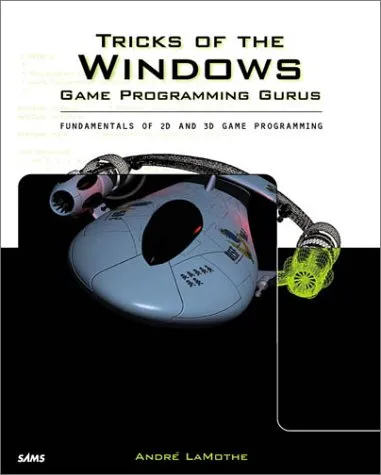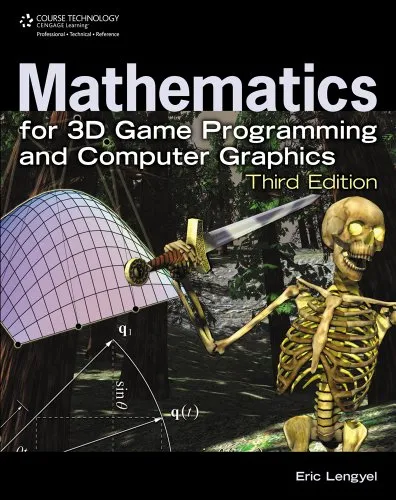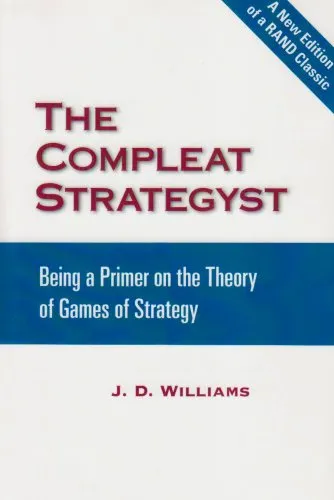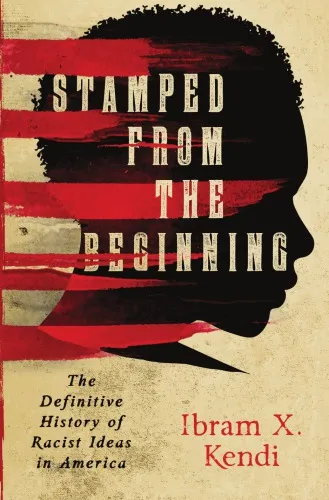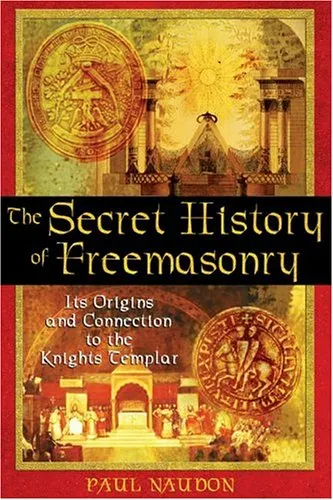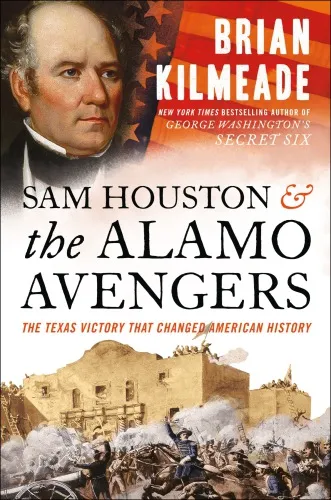The history of game theory: From the beginnings to 1945
4.0
Reviews from our users

You Can Ask your questions from this book's AI after Login
Each download or ask from book AI costs 2 points. To earn more free points, please visit the Points Guide Page and complete some valuable actions.Related Refrences:
Persian Summary
Introduction
Welcome to the illuminating journey through the early development of game theory, as chronicled in "The History of Game Theory: From the Beginnings to 1945". This comprehensive volume takes readers on a voyage from the nascent ideas of strategic interaction in mathematics and economics, to the sophisticated formulations that laid the foundation for modern economic theory and beyond.
Detailed Summary of the Book
In the pages of this book, we traverse the intellectual landscape that shaped game theory as we know it today. Starting from the early inspirations found in the works of pioneers such as Antoine Augustin Cournot and Francis Edgeworth, we follow the progression and formalization of game-theoretic concepts before World War II.
The initial chapters delve into the economic theories of competition and cooperation, setting a solid groundwork by discussing the contributions of mathematicians and economists who first touched upon these themes. As the chapters unfold, we meet luminary figures whose pioneering work significantly influenced the formulation of game theory, such as John von Neumann and his landmark 1928 paper, which is widely regarded as a cornerstone of the discipline.
The book also emphasizes the pivotal developments during the interwar period, highlighting how game theory evolved through collaborative efforts among mathematicians, economists, and other social scientists. This book chronicles the transformation from abstract mathematical puzzles to the realistic modeling of human behavior in competitive situations.
Key Takeaways
Readers of "The History of Game Theory: From the Beginnings to 1945" will gain a multitude of insights, including:
- An understanding of the foundational concepts and historical context in which game theory developed.
- Awareness of the essential contributions by early economists and mathematicians.
- Knowledge of how game theory began to intersect with other disciplines, laying the groundwork for its modern applications.
- An appreciation for the complexity and depth that game-theoretic thinking brings to economics and strategic decision-making.
Famous Quotes from the Book
"The trajectory of game theory is not solely a tale of mathematical rigor, but also one of human endeavor and intellectual curiosity."
"Understanding the strategic considerations of individuals in history illuminates our present and guides our future."
Why This Book Matters
This book stands as an essential contribution to the field of economics and the history of science for several reasons:
First, it thoroughly documents the emergence of game theory, unveiling the rich history of ideas that predated its formal recognition as a distinct area of study. The narrative highlights both celebrated and lesser-known contributors, providing a comprehensive understanding of the discipline's roots.
Second, it offers readers a nuanced perspective on how early theorists grappled with the challenges of competitive and cooperative behavior, reflecting on how their insights apply to current economic, political, and social dilemmas.
Lastly, for scholars, students, and enthusiasts alike, the book serves as a reminder of the enduring relevance of strategic thinking—a tool as critical today as it was during the time of its pioneers. By revisiting the past, we not only preserve the legacy of those who came before but also find inspiration to constructively engage with the challenges of the modern world.
Free Direct Download
You Can Download this book after Login
Accessing books through legal platforms and public libraries not only supports the rights of authors and publishers but also contributes to the sustainability of reading culture. Before downloading, please take a moment to consider these options.
Find this book on other platforms:
WorldCat helps you find books in libraries worldwide.
See ratings, reviews, and discussions on Goodreads.
Find and buy rare or used books on AbeBooks.
1596
بازدید4.0
امتیاز0
نظر98%
رضایتReviews:
4.0
Based on 0 users review
Questions & Answers
Ask questions about this book or help others by answering
No questions yet. Be the first to ask!

